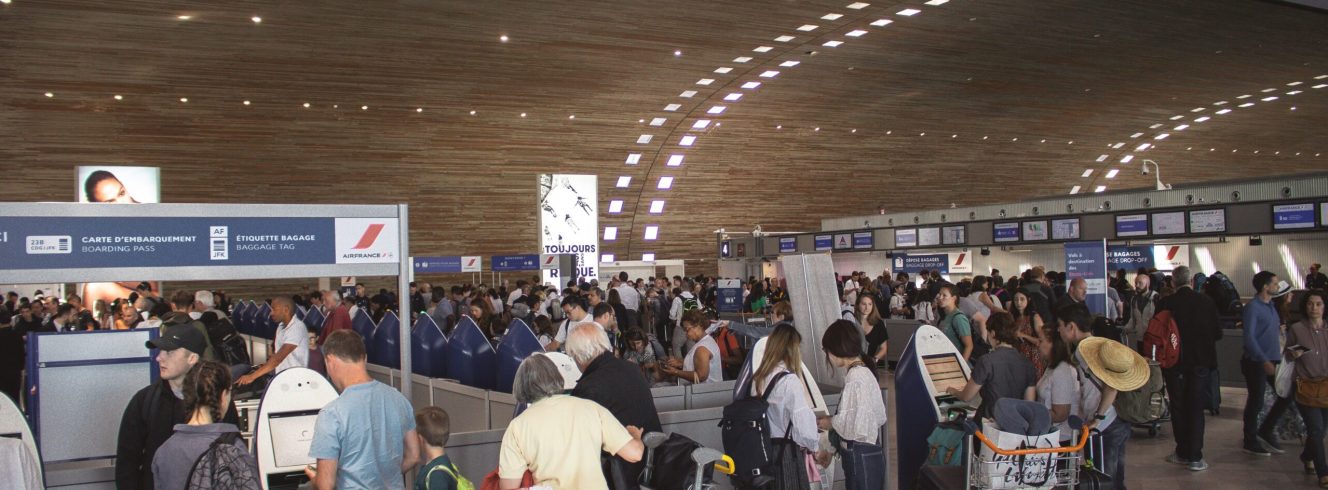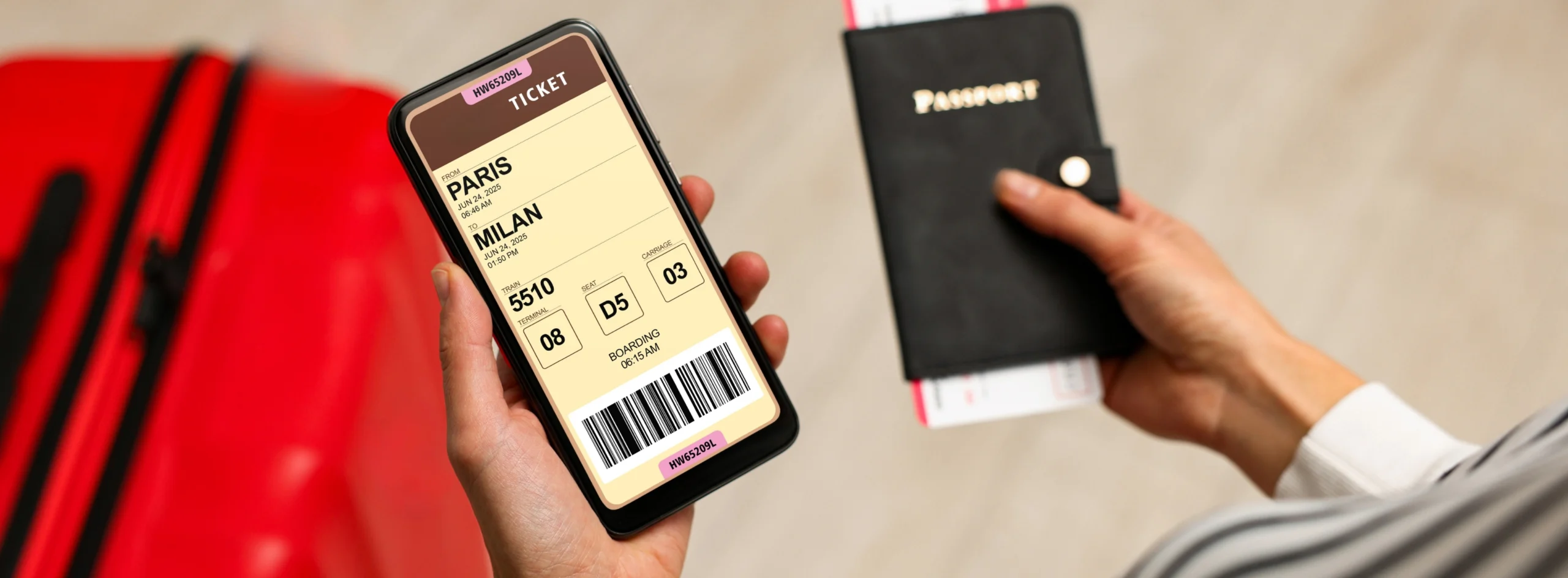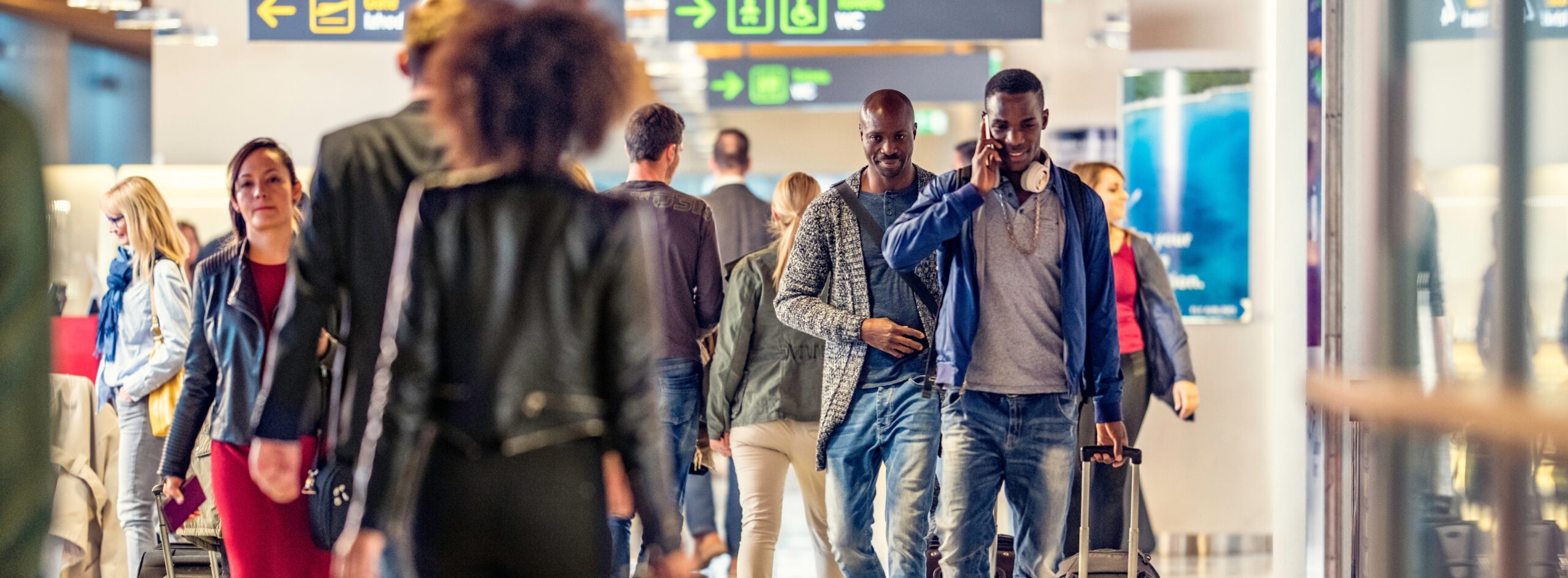Disruption in Air travel — whether delays, cancellations, or diversions — are no longer exceptional. With today’s digital-first travelers, expectations have changed. They desire speedy, open, and self-service options when their trips are disrupted. With over 80% of passengers opting for mobile notifications and self-service capabilities, those old-fashioned call centers and long lines at the airport are no longer sufficient.
This is where self-service re-accommodation comes into play, allowing passengers to rebook flights, seek refunds, or modify services immediately from their own devices.
Why Passengers expect Self-Service
Air travel has evolved from airline-focused to passenger-focused. Modern travelers inhabit a digital-first lifestyle — they conduct their finances with mobile banking, send food orders at the touch of an app, and get real-time reports from virtually every service used. So of course they carry the same expectation into their air travel experience as well
Passengers like self-service because it provides them with:
Control – Rather than standing for hours in lines at airports or holding for hours on the phone with call centers, travelers need to be able to immediately correct disruptions themselves. Rebooking onto the next available flight or rerouting is an example. Having control eliminates frustration and anxiety.
Speed and Convenience – Time is a premium for modern travelers. Self-service disruption portals allow them to check updates, confirm a new itinerary, or request refunds instantly — all from their mobile device. This immediacy aligns with the fast-paced lifestyle of today’s passengers.
Personalization – Flying is not one-size-fits-all. Customers expect rebooking choices to suit their interests, fare type, or loyalty program. A regular flyer might anticipate priority rebooking, while a group would appreciate being seated together. Self-service means that the choices are worthwhile and appropriate.
Transparency – Trust is established when travelers have unobstructed visibility into what choices are available — whether it’s flight options, vouchers, or compensation. Transparency not only simplifies anxiety in the disruption but also enhances overall brand image.
At its core, re-accommodation is no longer simply the means by which airlines respond when things break down. It has become a way to give passengers the power of digital tools that enable them to take control of their experience in real time. Airlines that allow this freedom not only alleviate traveler tension but also reinforce loyalty in an extremely competitive industry.
How VoyagerAid Facilitates Successful Re-accommodation
Exceeding these requirements demands more than an entry-level portal. VoyagerAid is capable of enabling passengers and airlines alike with a smart, adaptable platform.
Capabilities include:
- Accept & Confirm – Automated acceptance of rebooked flights.
- Decline & Request Alternatives – Ability to select other options.
- Policy-Based Rebooking – Rules-based automation aligns with the airline’s priorities on cost, inventory, and scheduling.
- Passenger Prioritization – Distinct treatment for business, leisure, frequent flyers, or special assistance requirements.
- Baggage & Special Requests – Smooth seat, meal, or additional service updates.
- Real-Time System Sync – Synchronization with airline PSS, CRM, and other systems to maintain consistency across operations.
Disruptions get sorted sooner, passengers are kept in charge, and airlines lower stress on staff and resources with VoyagerAid.
How Airlines Benefit from a Self-Service Portal
As passengers take charge, airlines also unlock essential business and operational benefits:
- Preventive Disruption Management – Advanced analytics enable airlines to pre-plan alternatives.
- Reduced Handling Costs – Less call center peaks and shorter lines minimize labor requirements.
- Intelligent Recovery Decisions – AI optimizes cost, punctuality, and customer experience.
- Priority Management – Loyalty program members and special needs customers receive personalized attention.
- Real-time Communication – Mobile-led notifications keep travelers in the know.
- Streamlined Compensation – Automated processes enable quicker compliance and refunds.
For airlines, a self-service portal is more than an added convenience – it’s a strategic investment in resilience, efficiency, and customer trust.
5 Ways Airlines Can Reduce Disruption Costs
- Minimize Customer Service Workload
Call centers and airport desks are usually inundated with passenger inquiries during disruptions. A re-accommodation self-service portal moves most of these requests to the web, where passengers self-manage confirm, modify, or cancel flights. This minimizes the burden on employees, reduces overtime and outsourcing expenses, and leaves agents free for complex, high-value cases.
- Reduce Compensation and Accommodation Costs
Disruptions tend to result in costly hotel accommodation, meal vouchers, or regulatory settlements. With self-service technology, airlines can offer passengers several rebooking alternatives — for example, partner airline codeshare or parallel routes — that are cost-effective yet tolerable to customers. This balance allows airlines to reduce out-of-pocket disruption costs while maintaining customer satisfaction.
- Optimize Inventory and Revenue Recovery
In traditional disruption management, accessible seats and routes are not always optimized. A digital gateway driven by revenue management intelligence maximizes aircraft utilization, safeguards premium cabins for high-value passengers, and minimizes undue revenue leakage. Thus, airlines recover sooner and maintain profitability during irregular operations.
- Fast-Track Resolution and Minimize Complexity
Each delayed minute raises costs — from crew overtime to airport gate charges. Self-service rebooking takes seconds, avoiding lines and cascading network impacts. Reduced passenger redistribution time normalizes operations rapidly, keeping airlines from soaring costs associated with extended disruption management.
- Unleash Predictive Analytics for Smarter Planning
Self-service platforms provide valuable insights on passenger choices, likes, and cost trade-offs. Such insights can be leveraged by the airlines to predict future costs of disruption, improve policies, and formulate proactive strategies. In the long run, predictive analytics facilitates more intelligent planning — converting disruptions from reactive firefighting into proactive cost management.
Conclusion
Disruption is unavoidable, but the response of airlines determines loyalty, reputation, and profitability. Today’s traveler demands quick, digital-led solutions, and those airlines that don’t get it risk being left in the dust.
With VoyagerAid, airlines can flip disruptions into advantages — saving money, simplifying operations, and providing the smooth, hassle-free experiences travelers now expect.
Self-service is no longer a choice. It’s the future of airline disruption management.



